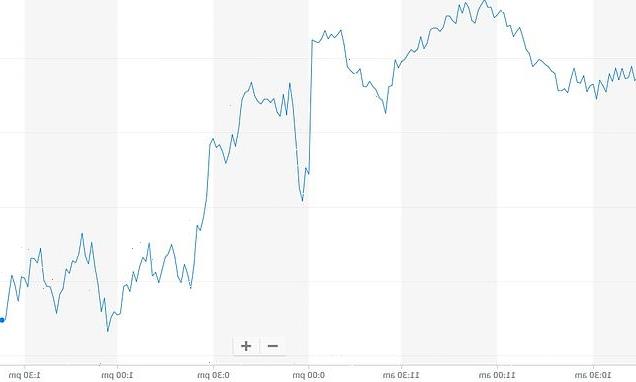When “Silent Road” (pictured above), a Greek abduction thriller written by Melina Tsampani and Petros Kalkovalis, dropped its first episode on Mediaset Italia’s flagship Canale 5 station this summer, 1.4 million viewers tuned in, making it the second-highest rated show in its timeslot.
The series, which follows an affluent Athenian family after a school bus carrying their children is held hostage, set a new benchmark for the Greek television industry, which even in the era of globe-trotting drama has been slow to cross borders. Directed by Vardis Marinakis and produced by Athens-based Filmiki for Greek broadcaster Mega TV, “Silent Road” is being sold internationally by Beta Film.
Tsampani and Kalkovalis acknowledge that the industry is still “taking baby steps.” “Greek fiction has to find its place in a vast global market and to do so we have to invest in premium series,” the duo tells Variety.
Yet all signs suggest a shift is underway. Buoyed by growing demand for content among platforms and broadcasters and a 40% cash rebate that has spurred a surge in production, Greek TV could be on the cusp of its own golden age.
Other prestige dramas are on the way, including “Maestro,” a pandemic-set romantic drama directed by and starring Greek heartthrob Christopher Papakaliatis, and “Milky Way,” a boundary-pushing teen drama centered on an unwanted pregnancy in a provincial Greek town, directed by short film Palme d’Or winner Vasilis Kekatos.
The bar — along with budgets and production values — is steadily rising. “There’s a certain traction [in the industry], especially after ‘Silent Road,’” says Orestis Plakias, of leading outfit Foss Productions, which is producing both “Maestro” and “Milky Way” and is in talks with Beta, Wild Bunch and Netflix, among other global players. “We have this momentum where the following six months, we’ll find out if this is sustainable or not.”
Partly that’s because the industry is in uncharted territory. For the first time, Greek broadcasters have begun to display a willingness to let creators retain the rights to their own IP, offering an incentive for independent producers to develop series that they can then shop in the international marketplace.
One starting point for that journey could be the Thessaloniki Intl. Film Festival, which has historically offered a launching pad for feature film and documentary projects from Greece and the Balkans. This year, Thessaloniki is introducing the pilot program for a dedicated television strand through its industry arm, Agora, presenting a one-day event of workshops and panel discussions with a range of both Greek and international TV professionals.
“We decided that it’s time for us to step up and … start supporting content creators of TV series and try to bring them a global audience,” says Angeliki Vergou, head of the Agora.
It might only be a matter of time before those audiences respond to the stories that emerge from this ancient land of drama, according to Tsampani and Kalkovalis. “All that matters is the story you want to tell. And if you do it right then everyone can identify with your characters and watch it without other limitations.”
Read More About:
Source: Read Full Article


